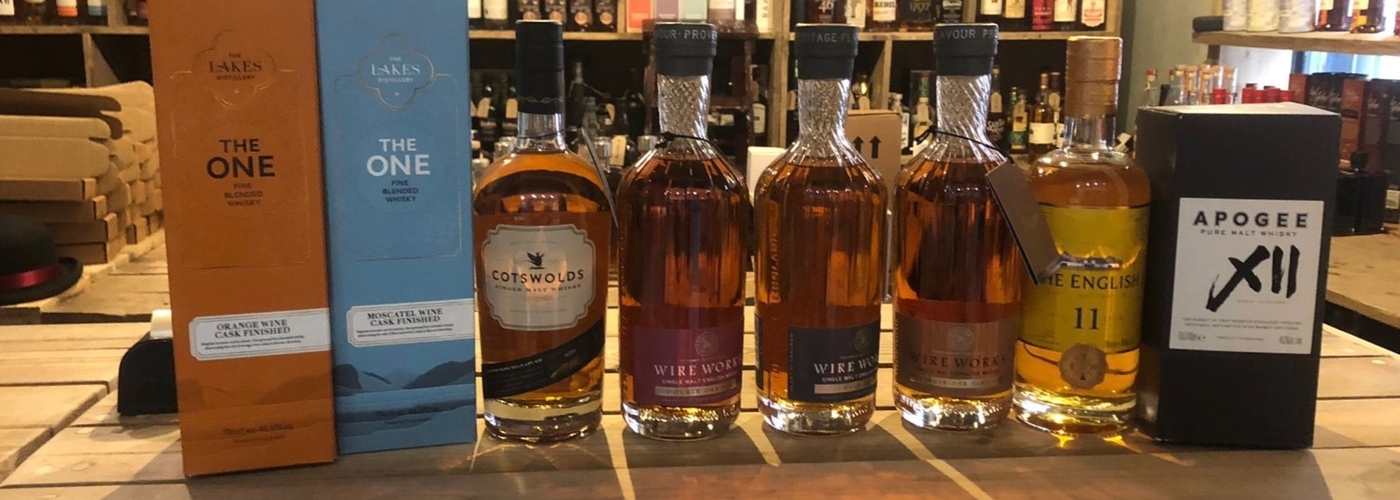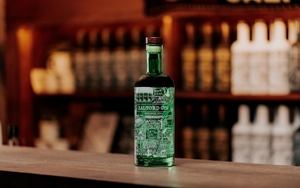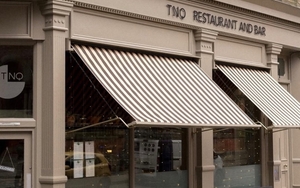When you think of whisky, you probably imagine a nice dram of Scotch to warm your cockles as you warm your toes by the fire of a traditional pub. It’s doubtful the first thing that comes to mind is a moreish measure of a brown, rich spirit distilled here in England.
It’s a well-known fact only the Scots, the Irish and more recently the Japanese, can make top-tier boozy tipples, expertly crafting malt recipes passed down from generation to generation, tasting like (and probably originally created from) the tears of Jesus himself.
That might be about to change.
English whisky distillers can do whatever the hell they want
English whisky is making its mark on the hard liquor scene, with sales reaching a 167.8% increase from 2020 to 2022 according to online whisky & spirit retailer, Masters of Malt’s whisky report - that’s 5% of all whisky sales on their site.
In fact, since 2018, several whisky distilleries have popped up across England, at least three of which are right here in the North West.
But what the bloody hell is English whisky? Is it any good or is it just another fad? And can we really make it as well as the Scots, the Irish and the Japanese?
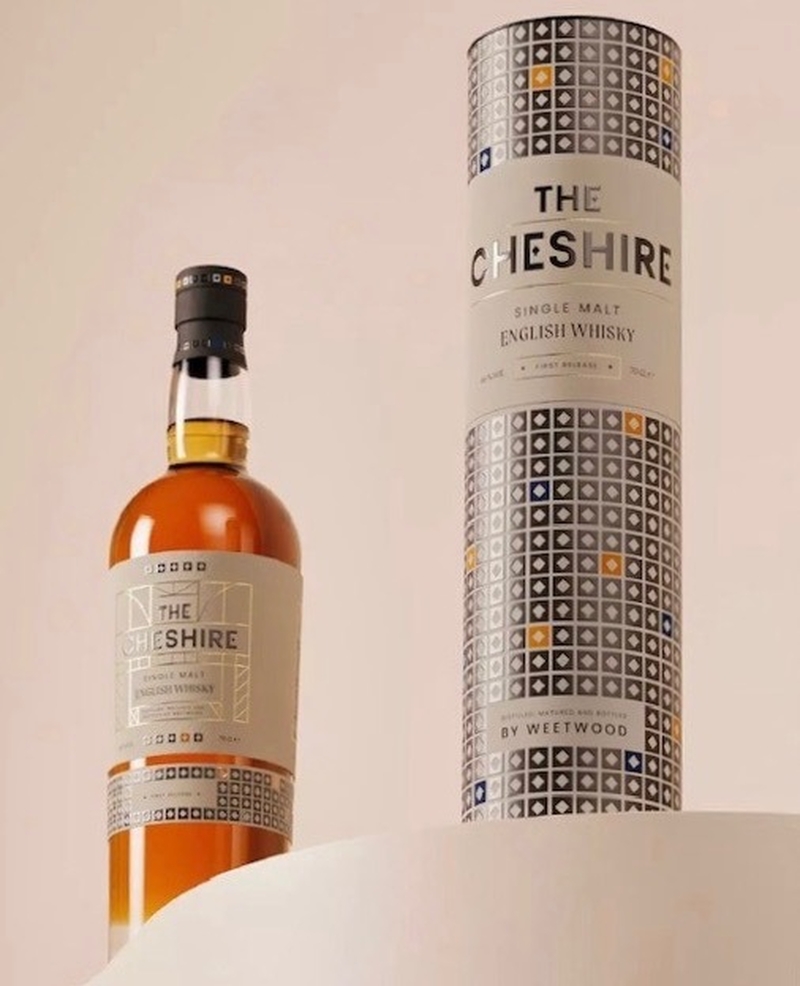
Apparently so, as whilst most English whisky distillers follow traditional brewing methods used to making Scotch batches, they’re able to push boundaries more as they have limitless creativity when it comes to the flavour experimentation you can afford to take with smaller, limited-run batches. Innovation is as important as tradition.
I spoke to Weetwood Ales in Kelsall, Cheshire, about why they’ve decided to start brewing their own whisky on site.
“Our whisky production is driven by a love of single malt and our 30 years brewing ales with malted barley. We want to challenge the belief that a good single malt needs to be produced in Scotland and requires 10 years ageing,” explained company sales director, Jon Hopkins.
Jon continued, adding Weetwood Ales are inspired by Scotch whisky “but not seeking simply to imitate it”.
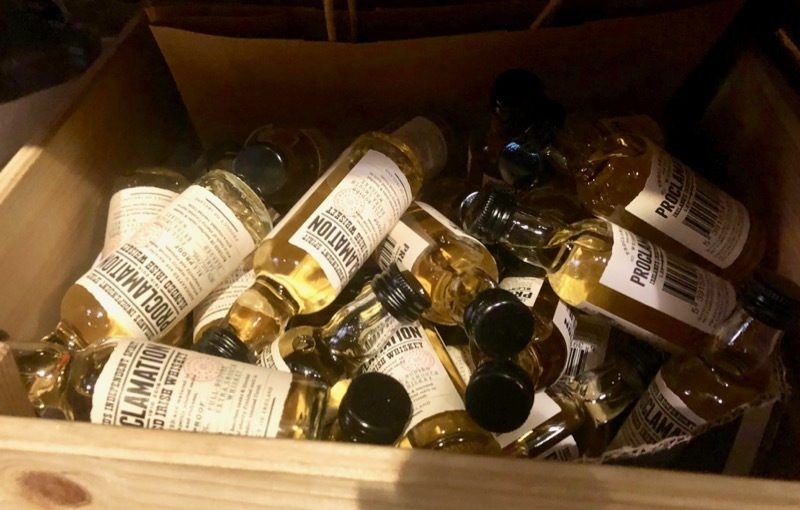
But is English whisky bold enough to stand up for itself against the quality already on the market?
“Absolutely,” says Jon. “There are some stunning English whiskies being produced from around 20 distilleries now. Our aim is not to compete, but to see English whisky standing on its own as an interesting, premium spirit. The whisky community is broad, varied and highly engaged in England. Consumers are looking for interesting and new brands and tastes, which emerging entrants can offer.”
Weetwood Ales have only released one batch of their own whisky so far, but Jon describes the feedback as being fantastic. “It sold out quite quickly and we have demand for the second release which is on its way,” said Jon, hinting that we should watch this space.
Another person in support of the promising-looking rise of English whisky is Greg Adams, director and owner of Tipples of Manchester.
“Obviously, Scotch whisky has been king of the hill for a long, long time,” smiled Greg, adding that Japanese whisky started to take over in popularity at one point, but Japanese whisky distillers didn’t see the boom coming so demand and production didn’t keep up, causing the spirit to skyrocket in price.
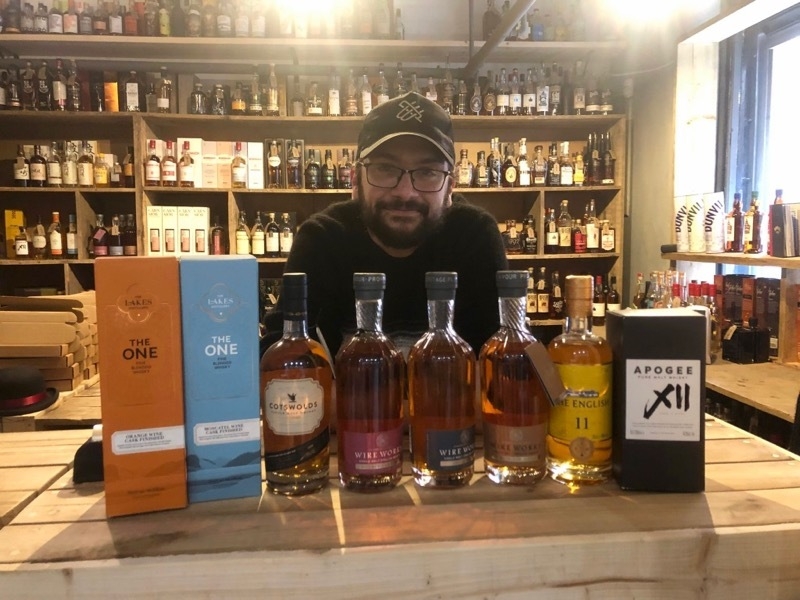
“The Scotch whisky market seems to be trying to reposition itself at the moment. It’s trying to re-premiumise itself. You’ve got the big boys, like Diageo, taking all their core whiskies and bumping the price up. Talisker, Oban, those sorts of brands are looking at a 70-90 per cent price increase.”
Greg believes that, as these brands continue to price themselves out of the market, consumers are going to be looking for more affordable alternatives that still give those similar flavour profiles and attributes without “breaking the bank”.
“When we first opened in 2019, we had one English whisky [for sale] but now we’ve grown that to eight.”
When asked for their most popular English whisky on Tipples’ shelf, Greg mentioned that batches from The Lakes Distillery was one of their bestselling brands to stock.
“Limited release stuff seems to be doing really well at the moment.” explained Greg as he showed off the virgin oak and ruby port cask releases from The Wire Works - another best-selling brand that produces “weird and unusual cask finishes”.
I then asked Greg, if three prime examples of English, Irish and Scottish whisky were lined up next to each other, what would be the key differences?
“Irish whisky sits as a bit of an outlier because they’re almost invariably triple distilled, so create lighter, more floral flavours,” said Greg, countering that English whisky is a little bit trickier to identify because production, ingredients, and distilling methods are identical to the way that Scotch whisky is being made.
“The climate in England and Scotland isn’t particularly different, so you wouldn’t necessarily be able to tell one from the other that way, either. The benefit with English whisky is these distillers don’t have the Scotch Whisky Association breathing down their necks.”
The Scotch Whisky Association are, according to Greg, very “finicky, set in their ways and old fashioned” when it comes to what you can and can’t do with whisky in Scotland. One of the stipulations in the Scotch whisky guidelines is that you’re actually not allowed to disclose on the bottle what makes up each blend.
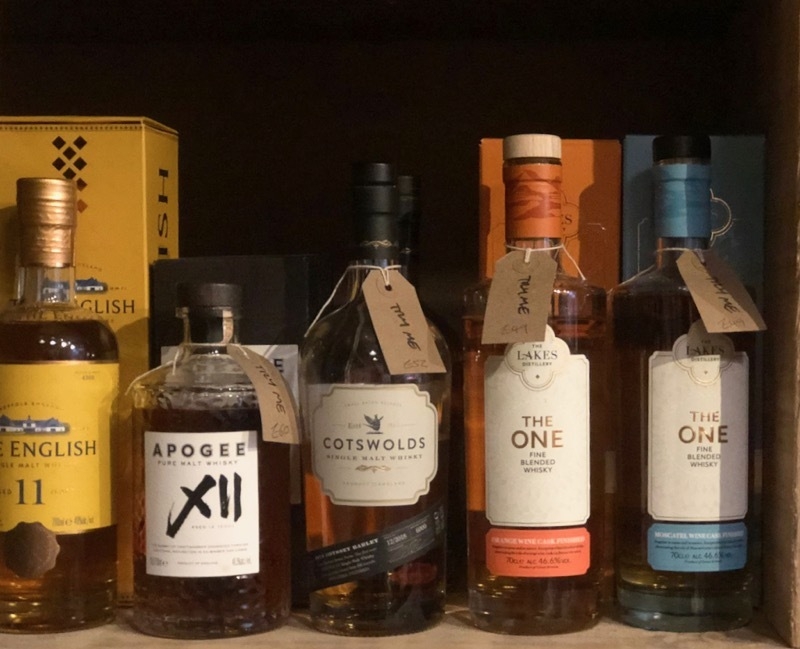
“You’re also not allowed to use more than one type of oak to age a cask in, either,” said Greg, adding that one distillery managed to get around this by using the different oak for the top and bottom of the barrel instead.
“Whereas English whisky distillers can do whatever the hell they want,” grinned Greg, predicting that over the next couple of years people will see even more experimental blends of whisky coming out of England.
With English whisky taking off so quickly and more distilleries popping up per year, some may fear the risk of over-saturation within the market. However, this fear has quickly been put to bed by Master of Malt’s whisky report, stating that there’s a ‘thirst for alternative whiskies from consumers’.
This drive for something different is what leaves English whisky creators with no bounds, making the limits of what flavour profiles they can add into their blends virtually endless.
“Certainly, for our demographic, that’s what gets people excited. Unusual finishes, different casks, weird releases, that sort of thing. I think that’s where the English whisky market is doing really well at the moment, because they know that historically English whisky had a bad rap due to often being poorly made or extremely overpriced.”
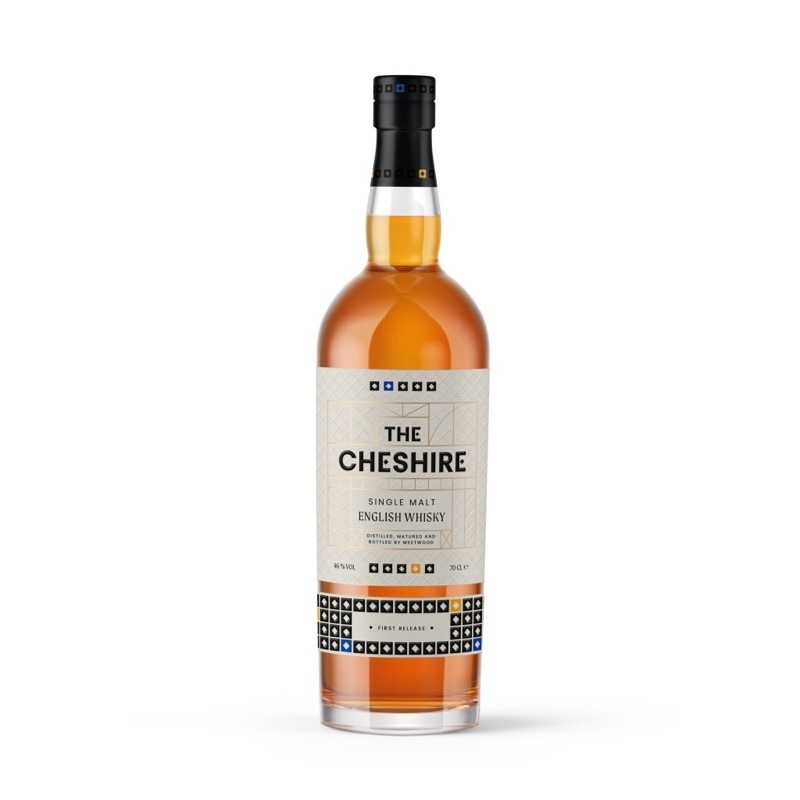
He noted that whisky distilleries in England seem to be starting to take themselves more seriously and are pushing the boundaries to change the public’s view of what English whisky is.
“I think English whisky is going to be an exciting category to watch over the next twelve months. Whether it actually takes off and gets its day in the sun is anybody’s guess, but either way, it’s going to be an interesting journey to watch.”
Where to buy and drink whisky in Manchester:
- Aston's of Manchester
- The Briton's Protection
- Dakota Hotel
- MUSU
- Tipples of Manchester
- Three Little Words
- The Whiskey Jar
Read next: Kanpai! A guide to the sake scene in Manchester
Read again: Reddish Ale is a great reason to not leave Reddish
Get the latest news to your inbox
Get the latest food & drink news and exclusive offers by email by signing up to our mailing list. This is one of the ways that Confidentials remains free to our readers and by signing up you help support our high quality, impartial and knowledgable writers. Thank you!





